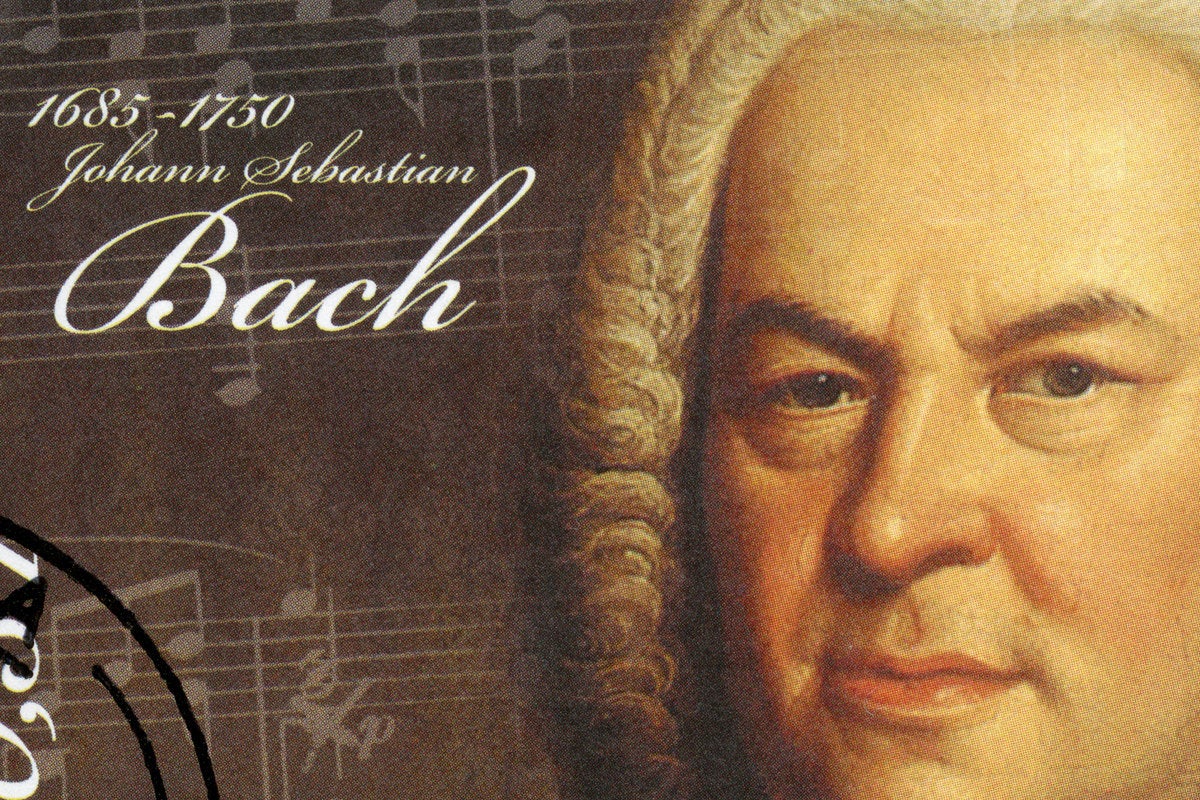Today is the birthday of my mother!
It may not seem appropriate that this description of my mother should be put here, on the musical blog, rather than over on the all-purpose "I Could Be Wrong" blog, but bear with me!
My mom was the second of four siblings: one boy, the eldest, followed by three girls. I was told a lot about my mother in her girlhood days, which I quickly forgot. She didn't seem such an exciting subject back then. But I do get the impression that she listened. She absorbed everything she was taught in school. She absorbed everything she was taught in numerous clubs, in school. She absorbed and retained everything she was taught by her father, who was a physician and a surgeon.
She was also very much into sports, and was the sports captain of her school. (They had one sports captain for the entire school, as well as individual captains for each team sport. Don't ask me why.)
She was accepted by the YWCA for training as an administrative secretary. (Back then, the YWCA was the conduit of a vast amount of support for working women, as well as abandoned women and families, and so the administrative secretary---who essentially ran the YWCA office---needed to have training, unlike the president of each YWCA, who was elected, and often changed from year to year.) The YWCA decided to send my mom to college, at a time when most women went straight into the workforce (or got married) without bothering with college.
After working for the 'Y' for several years, my mother took up teaching, and then met my dad, and they got married. My mom continued to teach while I was still on the way, took a brief leave of absence (while she delivered me,) and then resumed teaching. She taught English, history, geography and civics. For various reasons, she decided to teach singing as well. (Most of her students were learning English as a second language, and the singing helped these kids to lose their discomfort in pronouncing English words.)
She continued to teach for twenty years, until she retired. Even then, she did not stop teaching. When I was about 13, I started taking music and piano lessons, whereas many kids took piano when they were a lot younger. Anyway, I was in boarding school, which meant that when I went home for the holidays and reported what was going on with me to my mom, it was more interesting to her, than if I had reported it daily. When she learned that I was learning simple harmony, she revealed that she too had been taking lessons in advanced harmony from a friend. Pretty soon she was teaching me advanced harmony, which fact I had to carefully conceal from my music teacher, who would have otherwise gotten mad. (The last thing a teacher wants to hear is that she's getting upstaged by a competing teacher somewhere else!)
My mom's musical friend, meanwhile, taught music theory at three schools. When she and her husband decided to take a year-long vacation to Australia, she arranged for Mom to substitute for her as music teacher at those schools, which supplemented our family income nicely!
My mother was very much into music and drama. My father's job involved being transferred from one location to the other all through our lives. At every place where we were posted, my mom got involved in the local musical and dramatic scene. She sang at weddings, and she trained choirs, and directed plays. My most treasured memories were of my mom practicing choruses from Messiah, or The Creation, or the St. Matthew Passion, and other major choral works. So my mother was responsible for about a third of my knowledge of music theory, while three other ladies were responsible for all the rest of what I know about music, and a couple of gentlemen as well.
Despite the very public role my mother played in most places where we lived, including as a teacher, she was a very soft-spoken woman. I realized only recently just how soft-spoken she was. Even my father was moderately soft-spoken. (I, in contrast, tend to yell.)
After my father also retired, they both retrained as psychologists and counselors, a move that is difficult for me to understand. By all accounts, my mother was considered a very capable counselor, though my father gave it up rather quickly.
My parents died several years ago. We miss them greatly; it is difficult to describe what it is like when your parents are gone, even if the parents concerned are in ill-health, and advanced in years. You do get accustomed to it after a while, but every once in a while there is something you want to run by them, but of course, they aren't there. Of course, there are your siblings, who are a good substitute, in a limited way.
Happy birthday, Mom!


